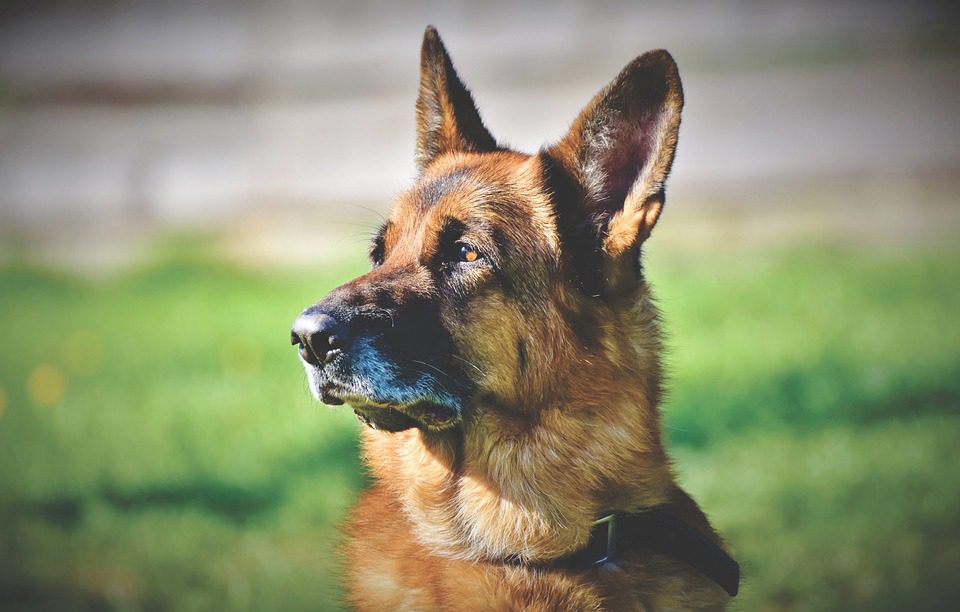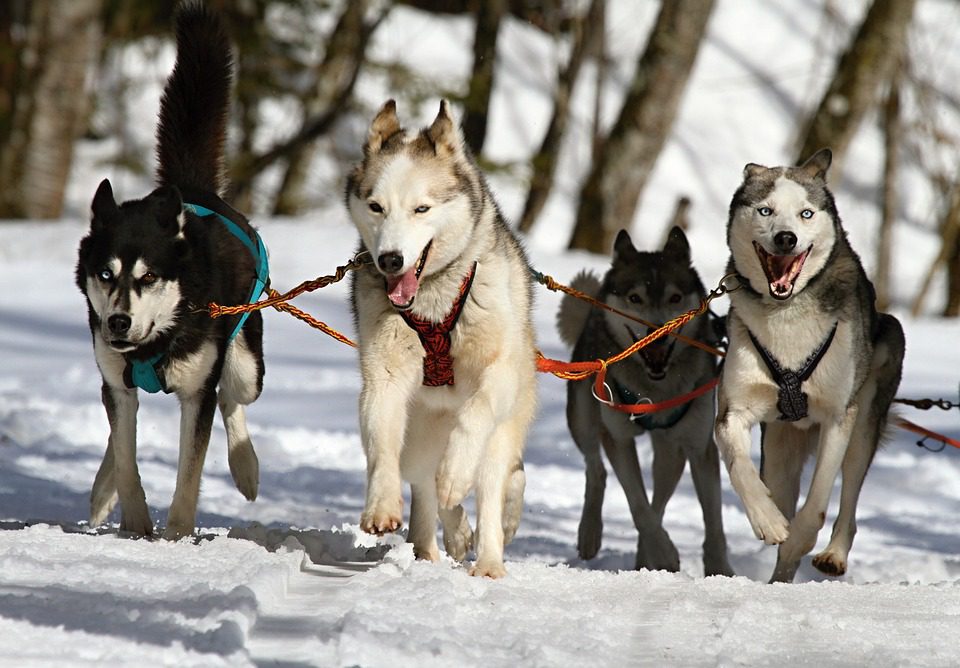If you own a German Shepherd, you know that they are not just pets – they are members of the family. As such, it is important to be able to recognize when your German Shepherd is feeling sad or unhappy. Being able to recognize signs of sadness in your German Shepherd is critical to ensuring that their overall health and well-being is maintained. Knowing how to tell if your German Shepherd is sad will help you provide them with the care and attention they need to stay happy and healthy. In this article, we will discuss the signs and symptoms of sadness in German Shepherds so that you can recognize and respond appropriately to your pet’s needs.
Signs of Sadness in German Shepherds
German Shepherds, often known as Alsatians in the UK, are intelligent, loyal and protective dogs. Although they can be an active breed, they also have an emotional side that needs to be taken care of. As an owner, it is important to be aware of the signs of sadness in your German Shepherd so that you can take steps to help them out of a depression.
Behavioural Changes
One of the most obvious signs of sadness in your German Shepherd is a change in their behaviour. If your dog is usually playful and energetic, but has become lethargic and withdrawn, it could be a sign that something is wrong. Similarly, if your German Shepherd has become overly clingy or is exhibiting signs of aggression, it could be an indication that they are feeling sad.
Changes in Appetite
Another telltale sign of sadness in German Shepherds is a change in their appetite. If your dog is usually a voracious eater, but suddenly stops eating or only picks at their food, it could be a sign that something is wrong. Similarly, if your German Shepherd suddenly starts eating more than normal, it could be a sign of depression.
Excessive Licking or Chewing
Excessive licking or chewing is another sign that your German Shepherd is feeling sad. Dogs lick and chew when they are stressed or anxious, so if your dog is exhibiting this behaviour, it could be a sign that something is wrong.
Changes in Sleep Patterns
Changes in sleep patterns can also be a sign that your German Shepherd is feeling down. If your dog is usually an active sleeper, but suddenly starts sleeping more than usual, it could be a sign of depression. Similarly, if your German Shepherd is usually a heavy sleeper, but has started waking up more often than usual, it could be a sign of sadness.
Lack of Interest in Activities
If your German Shepherd has suddenly lost interest in activities that they usually enjoy, such as fetch or walks, it could be a sign that they are feeling sad. Similarly, if your dog is usually an active player, but has become less interested in playing, it could be an indication that something is wrong.
Conclusion
Although it can be difficult to tell if your German Shepherd is feeling sad, there are certain signs to look out for. If your dog is exhibiting any of the above behaviours, it could be a sign that something is wrong and that they may be feeling down. If this is the case, it is important that you take steps to help them out of their depression. This could include taking them to the vet for a check-up, providing them with extra love and attention, or even seeking professional help.
## Common Misconceptions About German Shepherd Sadness
1. German Shepherds don’t show any signs of sadness – While German Shepherds may not show outward signs of sadness, they can still feel down in the dumps. Look for signs such as decreased appetite, lack of energy, unusual lethargy, or listlessness. If you notice any of these signs, it may be a sign that your German Shepherd is feeling sad.
2. A German Shepherd’s tail is a sign of sadness – Contrary to popular belief, a German Shepherd’s tail is not a reliable indicator of their mood. A German Shepherd’s tail is primarily used for communication and does not necessarily show signs of sadness.
3. German Shepherds don’t get sad – German Shepherds, like all other animals, can experience a wide range of emotions, including sadness. If your German Shepherd is experiencing sadness, it is important to pay attention to the signs and take steps to help them feel better.
4. German Shepherds are always happy – German Shepherds are just as prone to sadness and other negative emotions as other breeds. If your German Shepherd appears to be feeling blue, it is important to pay attention to the signs and take steps to help them.
Frequently Asked Questions
How can I tell if my German Shepherd is sad?
Answer: German Shepherds are generally very expressive dogs. If your German Shepherd is feeling sad, you may notice changes in their behavior such as decreased energy levels, a lack of interest in activities and play, and increased sleeping. You may also observe physical signs such as drooping ears, lowered tail, and reduced appetite.
What can I do to make my German Shepherd happy?
Answer: Spend quality time with your German Shepherd, create regular and engaging activities for them, provide plenty of mental and physical stimulation, and make sure their basic needs such as food, shelter, and exercise are met. Additionally, providing your German Shepherd with lots of love, affection, and positive reinforcement will help to keep them happy and content.
Conclusion
.
German Shepherds are loyal, intelligent and protective dogs, but they also have an emotional side. Owners should be aware of the signs of sadness in their German Shepherd, such as behavioural changes, changes in appetite, excessive licking or chewing, changes in sleep patterns, and lack of interest in activities. If any of these behaviours are observed, it is important to take steps to help them out of their depression, such as taking them to the vet, providing extra love and attention, or seeking professional help.






